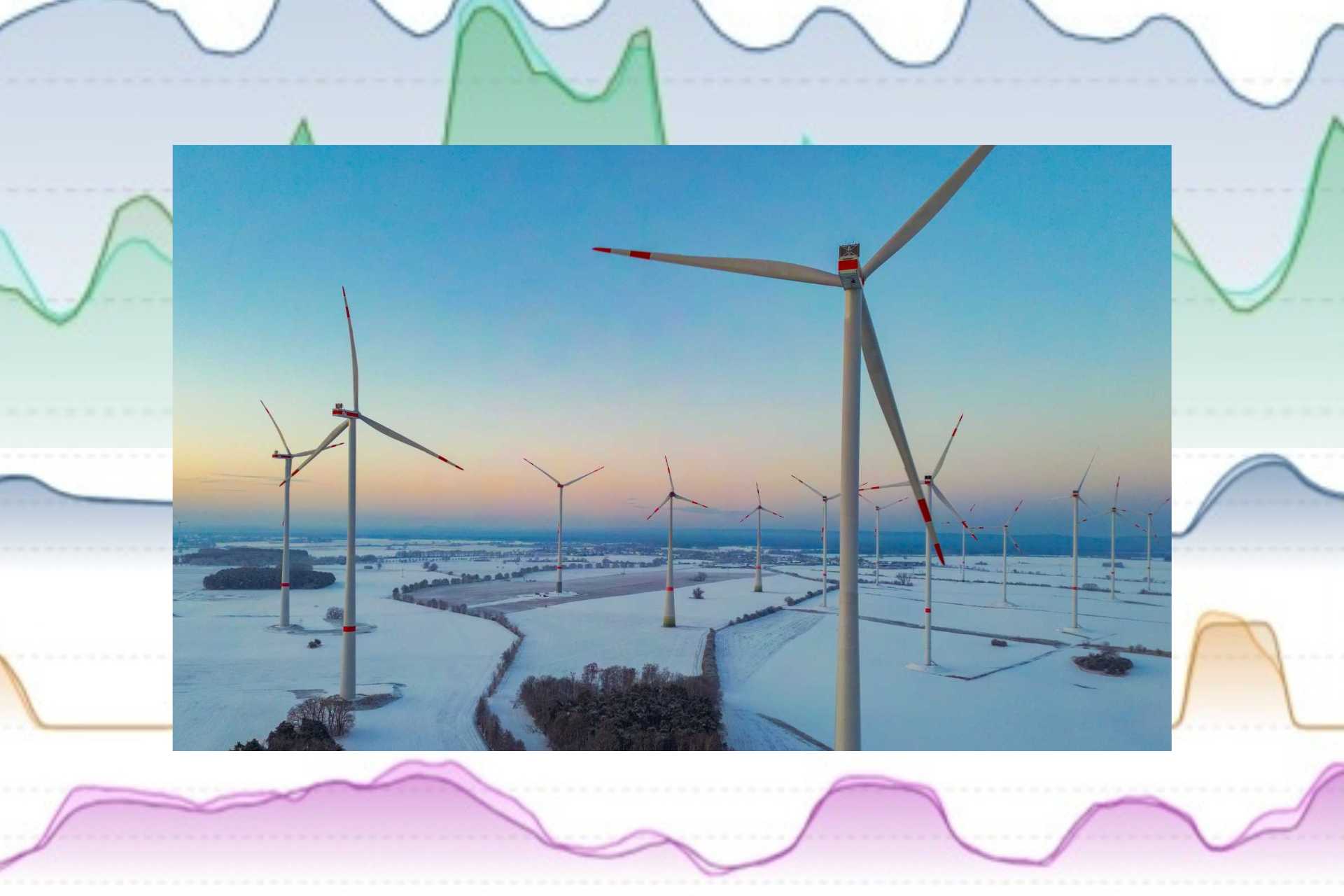
Get the latest climate technology news directly to your inbox.
.jpg)
Image credit: Schneider
.jpg)
Image credit: Schneider
Schneider Electric announced today that it is expanding its microgrid solution to include a battery energy storage system, a move the company expects will improve the value and expand the use cases of its offerings.
- The nuts and bolts: Schneider will offer options for arrays of two- and four-hour lithium ion phosphate batteries in two sizes: a smaller setup of up to 250 kilowatts, and a larger one of up to a megawatt. Each system includes batteries, Schneider’s battery management system, and a power conversion system and controller.
- The market grounding: The International Energy Agency estimates that battery storage was the fastest growing energy technology last year, with deployments more than doubling between 2022 and 2023 alone. Globally, the report said, 42 gigawatts of batteries were deployed last year between utility-scale systems, behind-the-meter systems, solar home systems, and microgrids.
- The current take: Schneider’s ongoing efforts to standardize microgrid builds come as utilities in the United States grapple with how to access enough power amid massive load growth, said Jana Gerber, president of Schneider’s North American microgrid business. “Depending on where those loads sit, [the utilities] might not be able to serve them immediately,” Gerber said. “There’s all these words that are becoming sexy again: backup power, prime power, firm power — they’re coming back into fashion, if you will. And that’s because of all these challenges that are coming at us and our customers at the same time.”
The addition of BESS is an expansion of Schneider’s EcoStructure Microgrid Flex, a suite of tools designed to standardize microgrid deployment using software from Autogrid, the VPP platform Schneider sold to Uplight late last year. (As Uplight told Latitude Media in March, one key focus for the company moving forward is to push more utilities toward VPPs.)
Adding BESS really “beefs up” Schneider’s microgrid offering, Gerber said, expanding potential microgrid use cases: “Battery energy storage to augment renewables — whether that be for firming purposes or other resiliency plays — allows for a lot more value to be delivered to those end user customers,” she added.
And Schneider is looking to get out in front of the broader needs of energy customers who may not be able to get everything they need from their local grids.
“Many microgrids are still heavily engineered, but as you get into the smaller sizes, that becomes less and less economically feasible,” Gerber said, adding that Schneider’s flex solution is something of a plug-and-play, streamlining the many “complexities” of bringing a microgrid online.
Bringing a BESS offering to market is an opportunity for the company to engage with customers not just around controls and electrical distribution of a microgrid, but also around the potential for their power load to be a resource to the grid, she added.
“The goal around everything we're doing is to work in concert with the utilities and help them find that path of flexibility, and ways that they can include distributed energy resources inside of areas of high congestion.”
Are growing concerns over AI’s power demand justified? Hear from Latitude Media's Stephen Lacey and industry-leading experts as they address the energy needs of hyperscale computing, driven by artificial intelligence.
.png)
Are growing concerns over AI’s power demand justified? Hear from Latitude Media's Stephen Lacey and industry-leading experts as they address the energy needs of hyperscale computing, driven by artificial intelligence.
.png)
Are growing concerns over AI’s power demand justified? Hear from Latitude Media's Stephen Lacey and industry-leading experts as they address the energy needs of hyperscale computing, driven by artificial intelligence.
.png)
Are growing concerns over AI’s power demand justified? Hear from Latitude Media's Stephen Lacey and industry-leading experts as they address the energy needs of hyperscale computing, driven by artificial intelligence.
.png)





